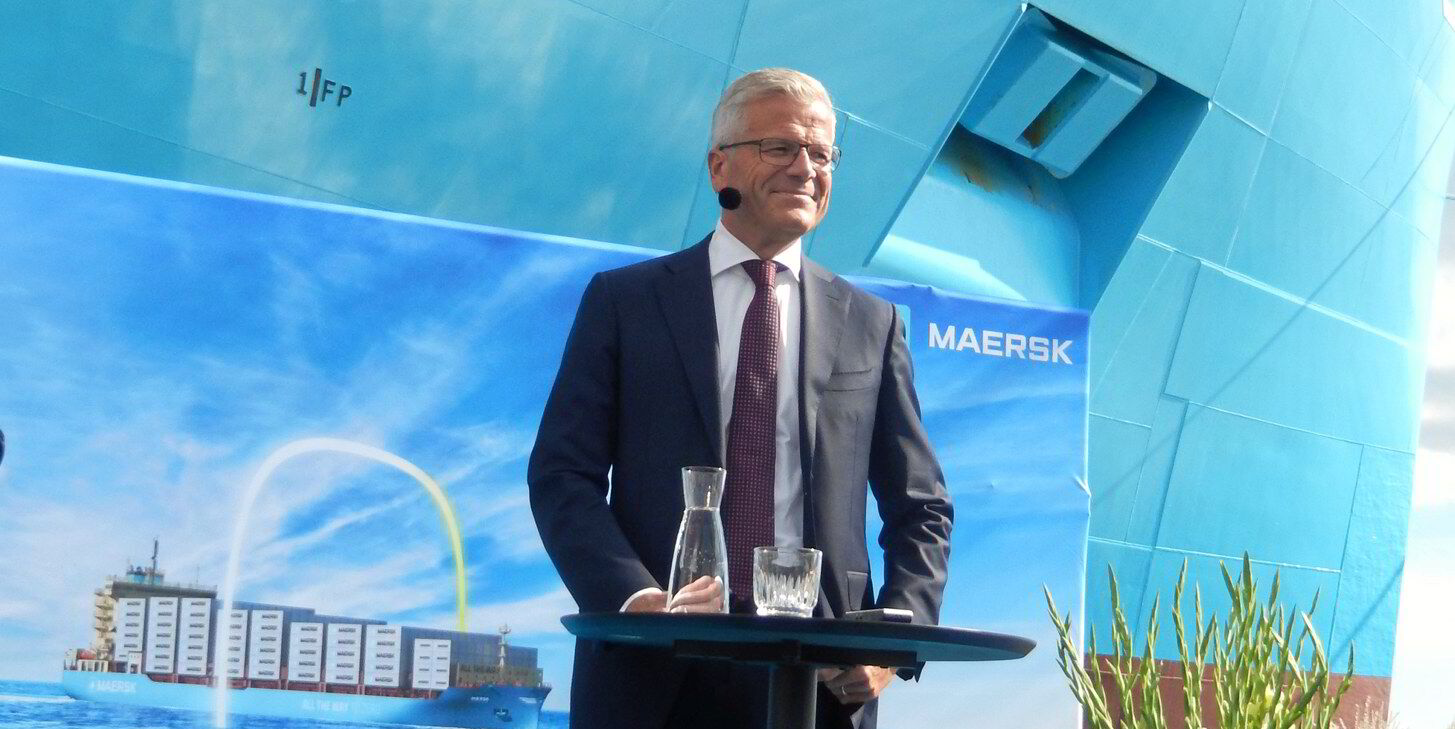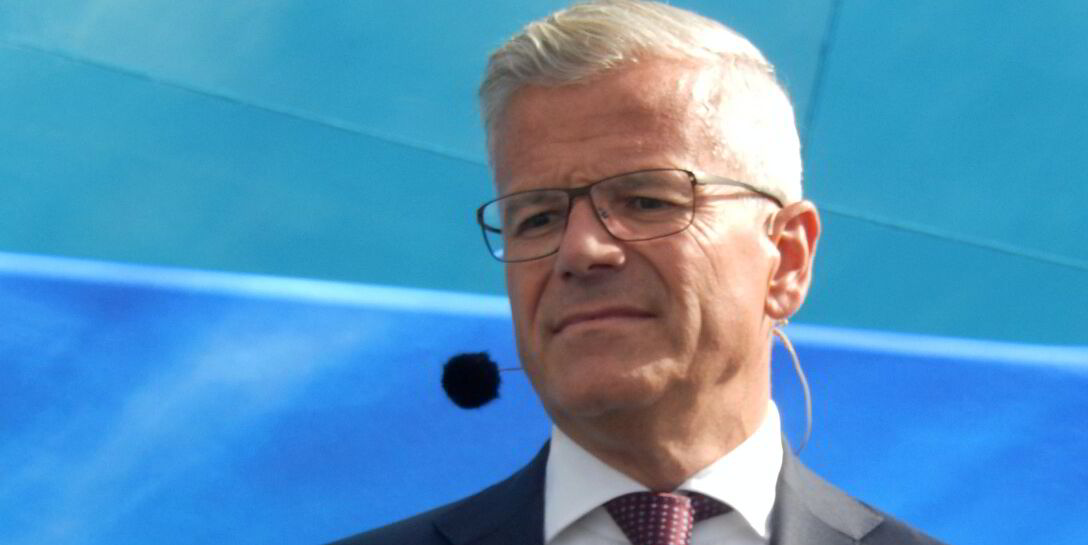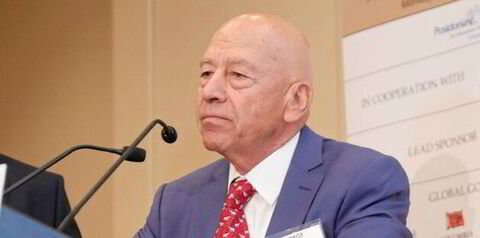This year’s catalogue of challenges, spanning drought, trade diversions, regional conflicts and supply chain stress, have failed to push the maritime energy transition into the background. No other issue poses an existential question so singular, no set of solutions seems so complex.
What has happened this year is that the conversation has become more nuanced and detailed, reflecting the scale of the transition and the bewildering array of challenges confronting the wider industry.
This was reflected most recently in the response to the news reported by TradeWinds that Maersk is considering adding LNG-fuel vessels to its methanol-powered fleet of containerships. Despite the apparent surprise, this development is entirely logical - and has implications for the wider industry.
When examined alongside the strategies of its peers, Maersk’s decision to explore alternatives raises few eyebrows. Owners like choice and most major liner operators share a similar approach to their compliance with emissions regulations.
This is much less about ‘brand’ and more about pragmatism. Listen to what the liner companies have been saying for some years and it’s clear that their ambitions extend towards whichever future fuels can get them to net zero. They have always seen this as ‘and’, not ‘either/or’.
The response matters though, because it illustrates a fundamental truth that continues to be overlooked. The alternative fuels available today, Methanol and LNG are fossil-derived, principally offering carbon reductions ‘in service’. Methanol producers for their part have consistently said that provided with clear enough policy signals that investment in renewables will increase.
The database we developed in partnership with Gena Solutions to track the progress of renewable methanol projects, shows 164 plants and projects with a total capacity of 26 million tonnes of renewable production by 2030. No doubt there will be delays to some projects, while others will be fast-tracked.
The ability to reduce carbon emissions is not off the table. Owners using conventional methanol can blend with renewables to lower their EU ETS exposure and achieve compliance with Fuel EU Maritime. Under the permitted pool approach, even a small percentage of renewable methanol achieves EU Fuel Maritime compliance for a fleet.

The work on preparing Methanol for widespread industry adoption shipping spans research, pilots, testbeds, education, regulatory approval, bunkering and crew training and awareness building. This work has been neither marathon nor sprint. Instead, it’s more akin to constructing the stadium, training the athletes and assembling the crowd.
Several key lessons remain. This is not your father’s marine fuel supply chain. Despite the investment in fixed and floating bunkering capacity in key global locations, owners operating on Methanol will need to own their supply chain. An RFQ 24 hours from port is never going to cut it.
Focus on renewables rather than conventional fuels and this effect is magnified. As Maersk has found, it’s necessary to invest in production in order to secure it. CMA CGM did something similar when contracting for LNG with Total. Suddenly shipping looks, if not like a team sport, then definitely one where long-term partners are essential.
This is perhaps the final overlooked truth of shipping and the energy transition. It’s at risk of becoming a competition when it should be a collaboration. The latter is a word we hear often from the thought leaders in the industry. The trouble is that shipping has tended to prefer the former as an operating model until now.
The shipping industry — suppliers, buyers and carriers alike also need to work together to help more charterers and end consumers understand that ‘being green’ comes with higher prices. Affording the transition is not something companies can do on their own: initiatives that better inform public understanding must go hand in hand with IMO and EU regulations to achieve lasting change.
The geopolitics that are currently disrupting supply chains and putting seafarer lives at risk are largely beyond the realm of shipping to influence. The ability to act positively and collegially on carbon emission reductions should not be.
Achieve this, rather than argue one solution over another, and the perception of the industry will be permanently improved in the process.
Alexander Döll is chief operating officer, The Methanol Institute




